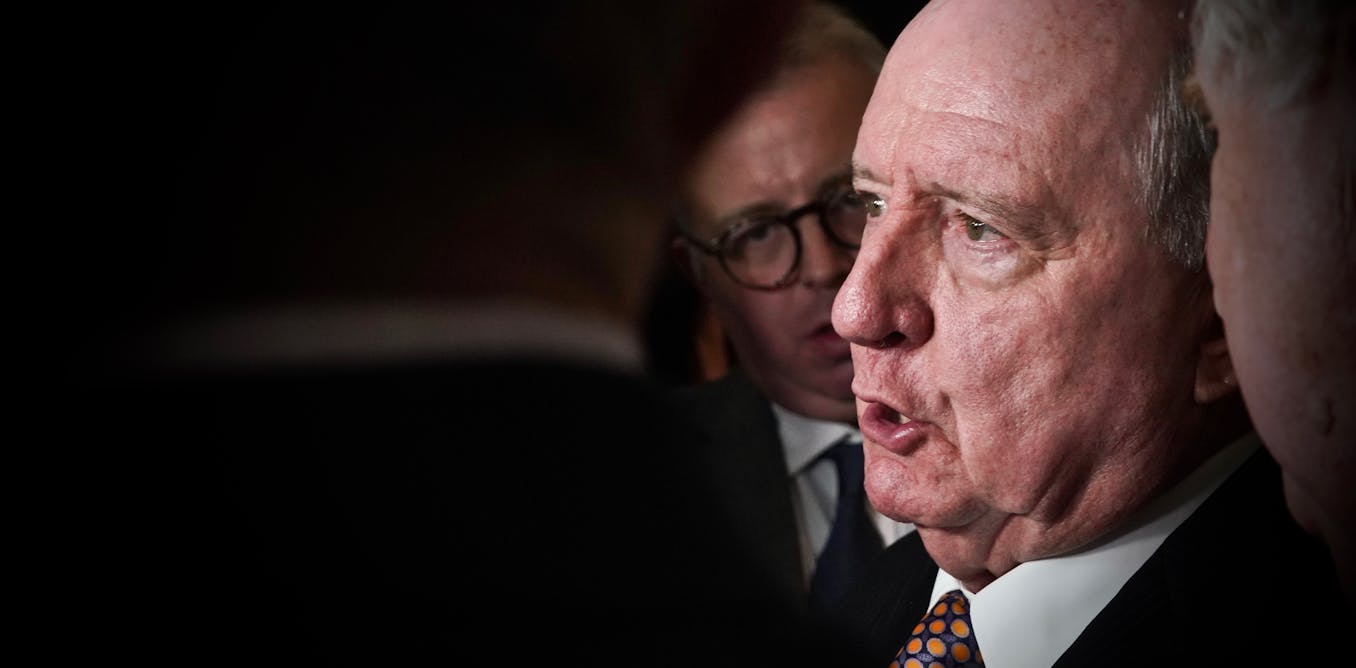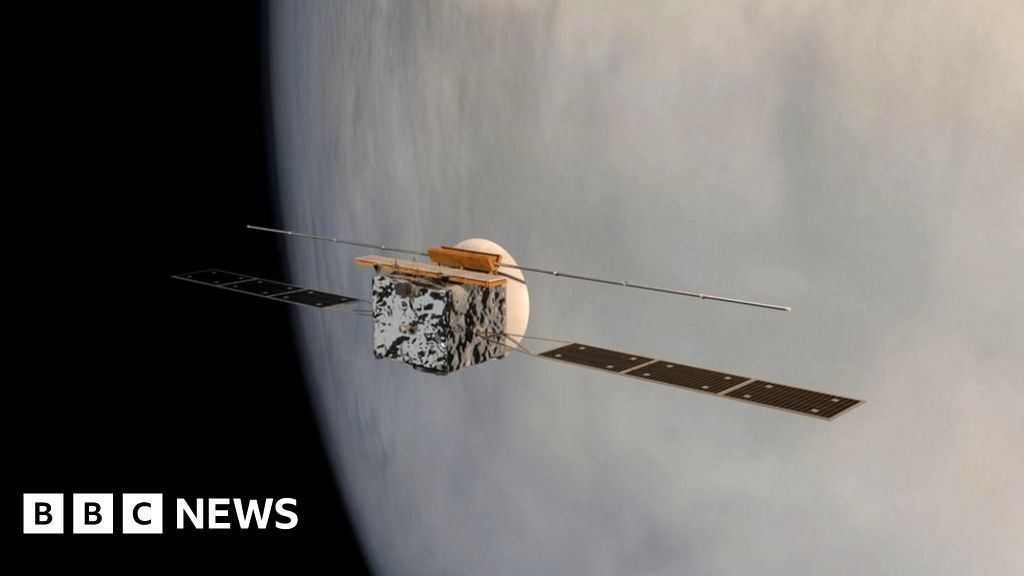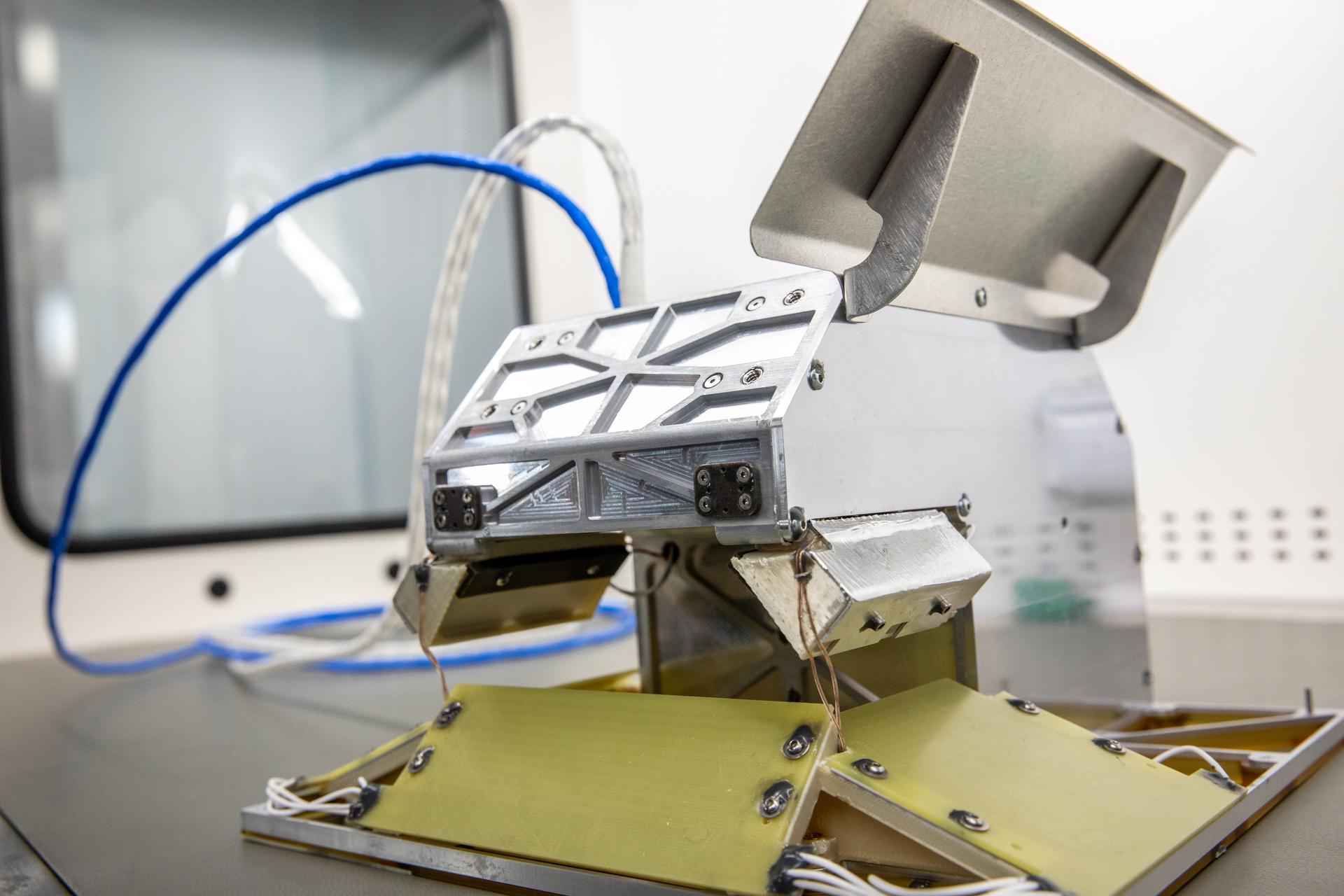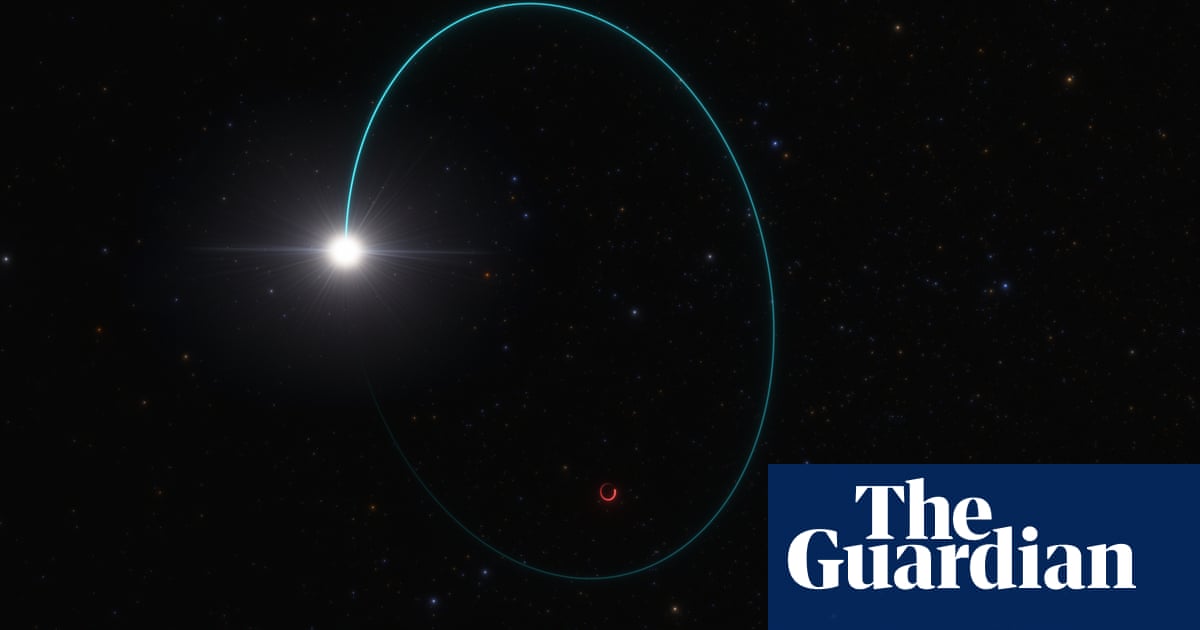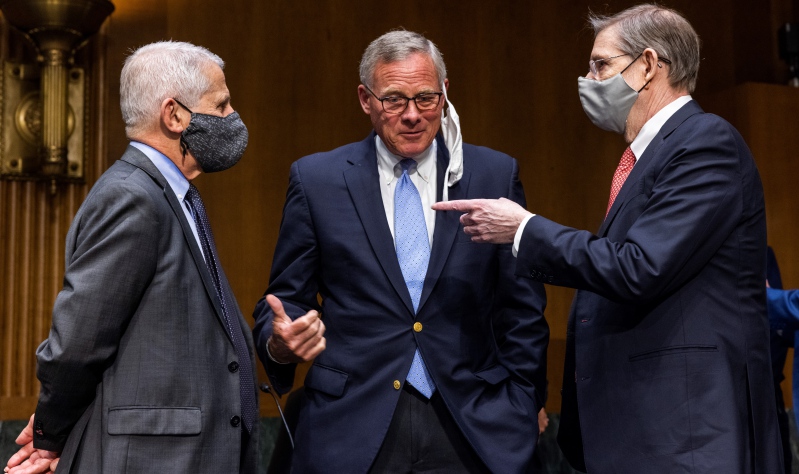
To End Science Denial, Admit That Policymaking Is Not All Science
In recent years, science itself has become controversial in the United States, with the rejection of climate science at the forefront. More recently, many Americans are skeptical about COVID-19—its existence, transmissibility, and the effectiveness of methods for containing it. More generally, science denial, and its close cousin “alternative facts,” make up a large part of ideological polarization that goes beyond mere disagreements over policies and extends to refusals to accept common norms about truth.
Individuals on the other side of these debates champion the advice to, “follow the science”—suggesting that science alone can tell society what to do about climate change or controlling the coronavirus. This perspective makes polarization even worse. When those individuals in favor of following the science accuse the other side of not just having a different point of view but willful ignorance, the other side’s understandable reaction is resentment at “elitists” who think they can tell them what to do.
In short, couching policy advocacy in science forces opponents to deny science, and proponents to assert the ignorance of those opponents—to the detriment of all.
